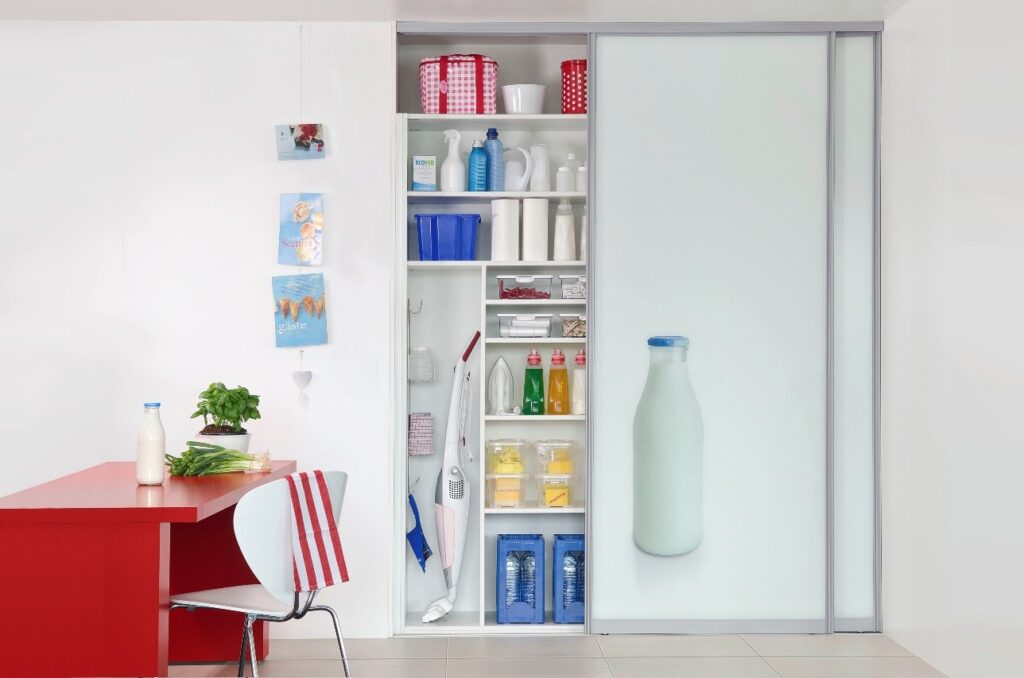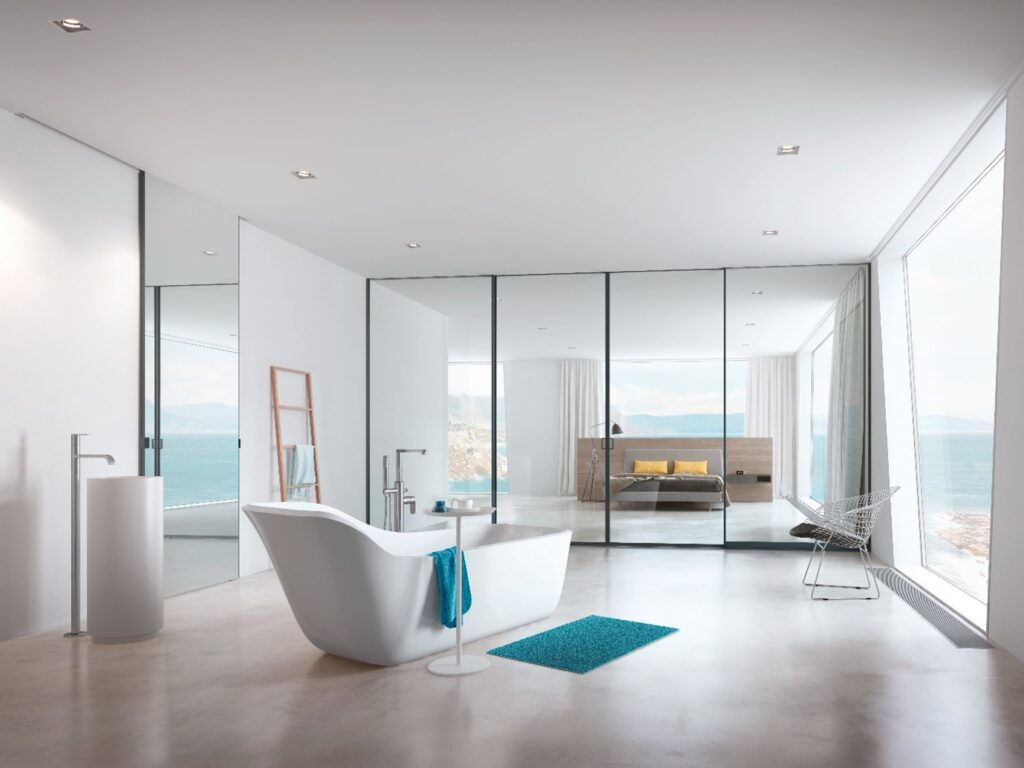Sustainability in interior design is no longer an afterthought; it has become a defining factor in material selection and product innovation. As consumers and businesses prioritise environmental responsibility, manufacturers must adapt to meet the growing demand for eco-friendly sliding wardrobe doors that align with green building standards while maintaining aesthetic appeal and durability.
The challenge lies in balancing sustainability with performance. How can sliding wardrobe doors be designed to reduce carbon footprints while offering long-term durability and modern styling? Interior Door Systems has taken a proactive approach, ensuring its products support sustainable living and commercial developments without compromising on quality.
The Evolution of Sustainable Sliding Wardrobe Doors
From Traditional Materials to Eco-Friendly Innovations
For decades, wardrobe doors have been manufactured using a variety of materials, many of which have raised sustainability concerns. Conventional solid wood and composite panels often rely on high-energy production methods. Today, the shift towards responsibly sourced materials and low-emission finishes represents a major step forward in responsible manufacturing.
Key Drivers of the Green Revolution in Wardrobe Doors
- Increased consumer awareness of sustainable materials and their benefits.
- Government regulations and building certifications requiring eco-conscious construction materials.
- Technological advancements enabling the production of high-performance, sustainable alternatives.

How Sliding Wardrobe Doors Are Redefining Sustainability
Reducing Material Waste
One of the primary advantages of sliding wardrobe doors is their ability to maximise efficiency in material usage. Unlike hinged doors that require additional space and structural reinforcements, sliding doors use fewer components while offering the same functionality.
- Precision manufacturing processes ensure minimal waste during production.
- Smart design choices, such as using lightweight but durable cores, reduce material consumption.
- Modular designs allow for easy repairs and upgrades rather than full replacements.
Sustainable Sourcing of Materials
IDS prioritises responsible sourcing to ensure minimal environmental impact in the production of sliding wardrobe doors. By working with suppliers who follow sustainable practices, IDS ensures that its products align with modern eco-conscious expectations.
- Ethically sourced materials that meet environmental standards.
- Manufacturing practices focused on reducing emissions and waste.
- Finishes designed to improve indoor air quality.
The Role of Durability in Sustainability
A truly sustainable product is one that lasts longer and reduces the need for frequent replacements. Sliding wardrobe doors manufactured by IDS are engineered for longevity, ensuring their sustainability extends beyond the production phase.
Long-Term Performance Benefits
- Soft-close technology prevents damage from excessive force, extending lifespan.
- Scratch-resistant finishes maintain aesthetic quality for years.
- High-strength tracks and runners reduce maintenance requirements.
Impact on Environmental Footprint
A wardrobe door that lasts 10–15 years without needing replacement has a significantly lower environmental impact compared to one that deteriorates in a fraction of that time. Investing in high-quality sliding wardrobe doors contributes to overall waste reduction and resource conservation.
Meeting Sustainability Standards in Construction and Interior Design
Compliance with Green Building Certifications
Sustainable interior products must align with environmental certifications that guide responsible construction and design. IDS’s sliding wardrobe doors contribute to these green standards by offering:
✔ Support for energy-efficient building projects.
✔ Materials that align with sustainability-focused developments.
✔ Finishes designed to promote healthier indoor air quality.
Reducing Carbon Footprint with Local Sourcing
By prioritising UK-based suppliers, IDS minimises transportation-related emissions and ensures greater transparency in sourcing.
- Shorter supply chains reduce overall carbon output.
- Support for responsible manufacturing initiatives helps protect natural ecosystems.
- Ethical sourcing commitments align with modern green building expectations.

The Future of Sustainable Sliding Wardrobe Doors
Sustainability in sliding wardrobe doors is more than just a trend—it is shaping the future of interior design and construction. By choosing eco-conscious materials, energy-efficient production methods, and long-lasting designs, developers, retailers, and homeowners can actively contribute to a greener world.
- Durable designs extend product life cycles and minimise waste.
- Environmentally responsible finishes enhance indoor air quality.
- Manufacturing processes designed to reduce emissions.
- Green building compliance supports sustainability-focused developments.
As sustainability becomes a cornerstone of modern interior design, IDS remains committed to providing premium sliding wardrobe doors that meet both environmental and aesthetic demands. Explore our sustainable solutions today and take the next step towards a greener future.


